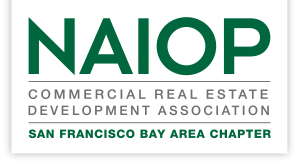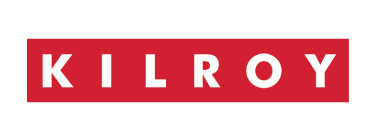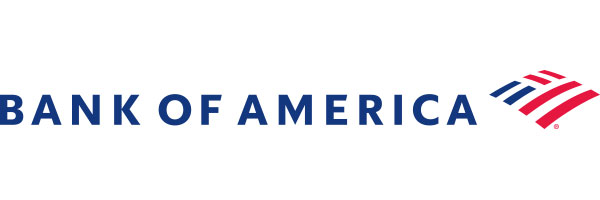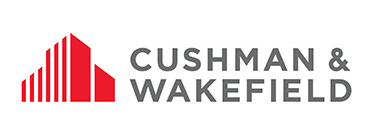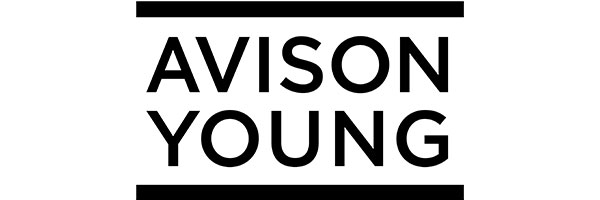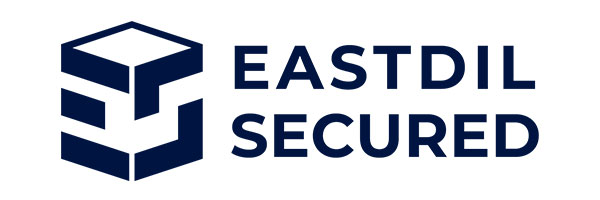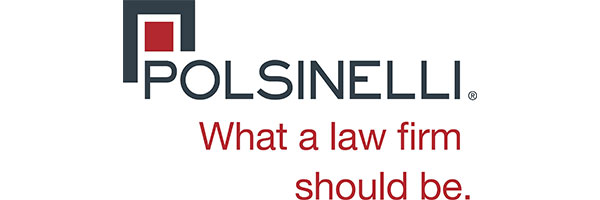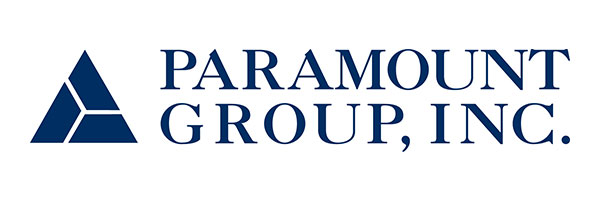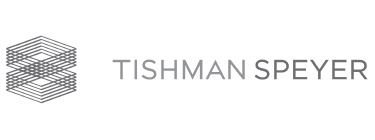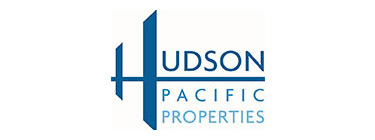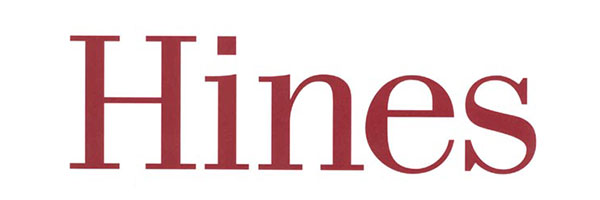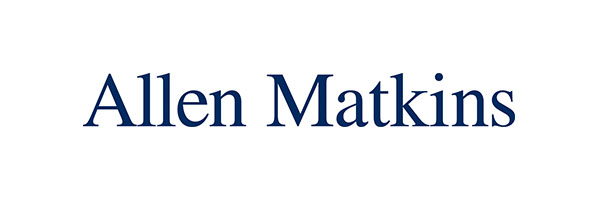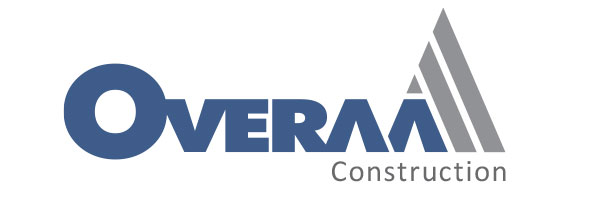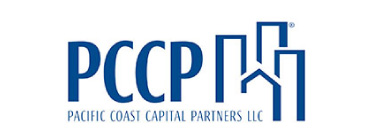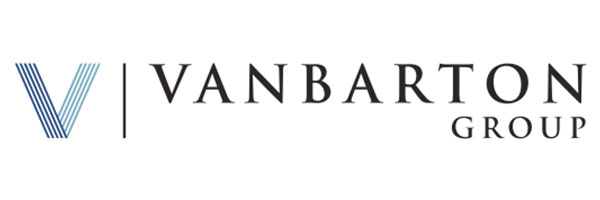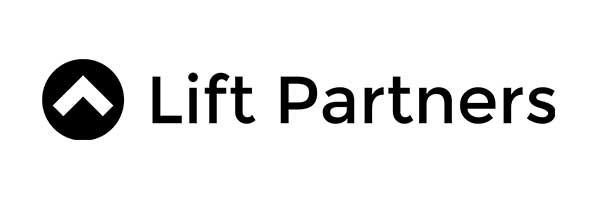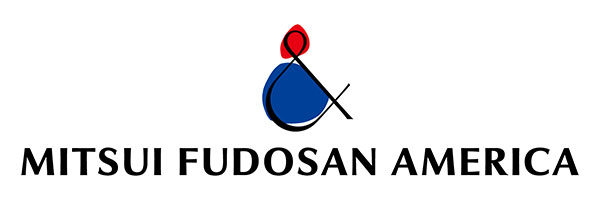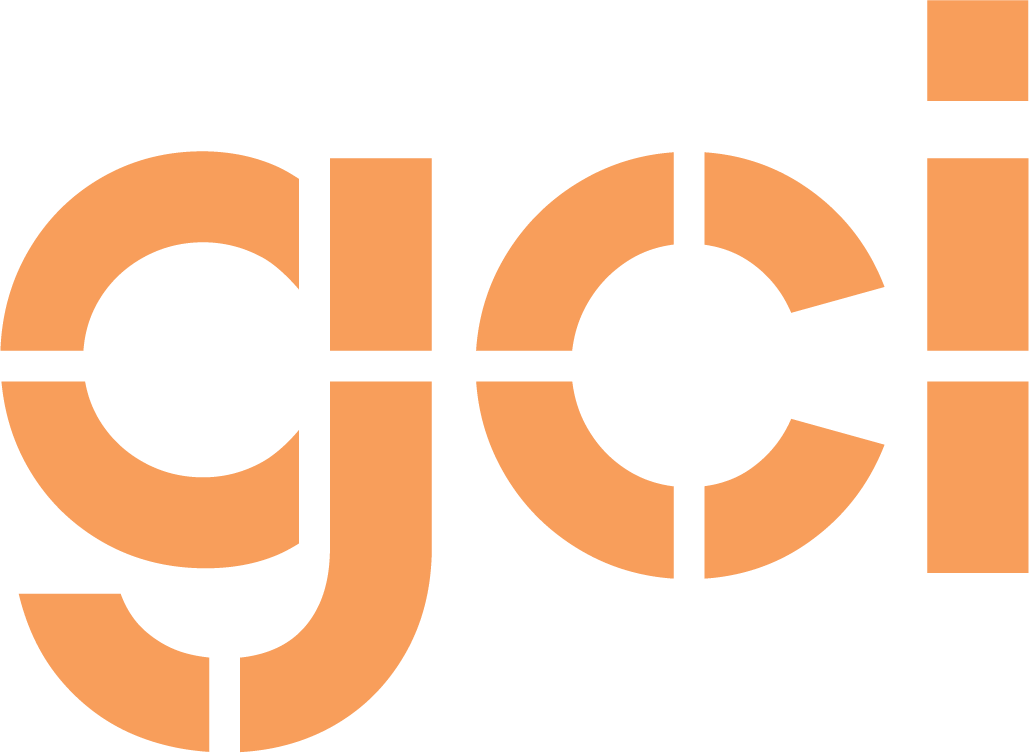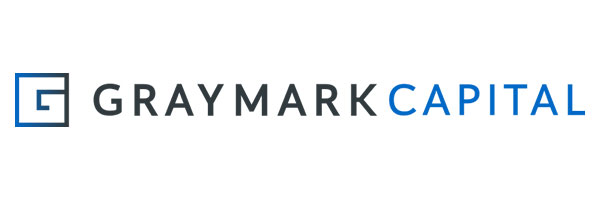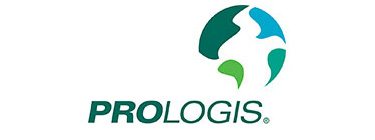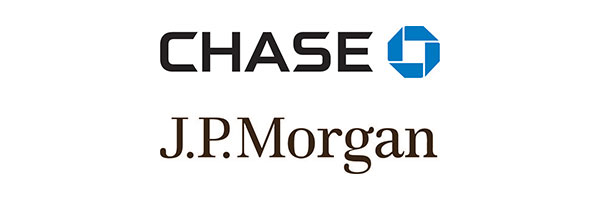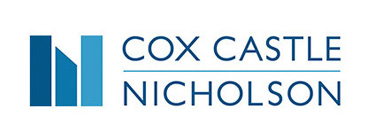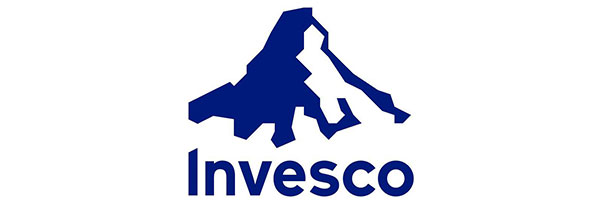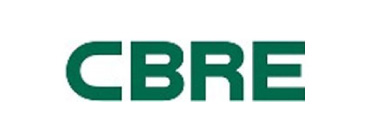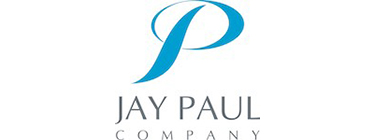CBPA's California Legislative Update 3/5/2021
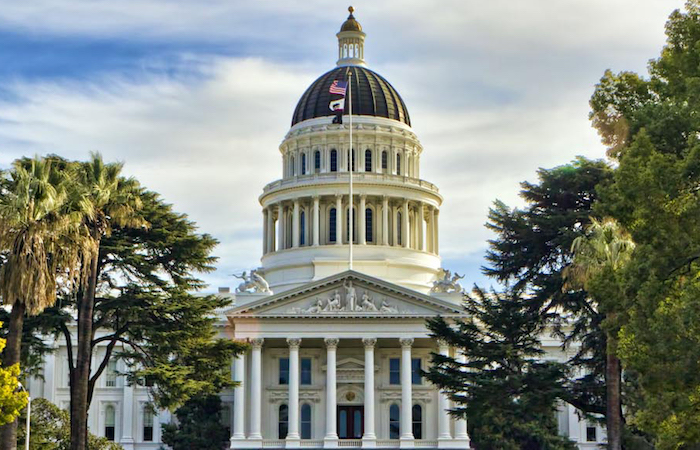
- COMMERCIAL EVICTION EXECUTIVE ORDER EXTENDED
- FEDERAL BILL GOES AFTER CARRIED INTEREST
- COALITION CALLS FOR LEGISLATIVE ACTION ON ECONOMIC RECOVERY
- INTERESTING BILLS SO FAR
- COVID GRANTS FOR SMALL BUSINESSES
- COVID TAX CONFORMITY
- RESTAURANTS AND BAR FEE WAIVERS FOR COVID RELIEF
- CBPA 2021 CALENDAR
COMMERCIAL EVICTION EXECUTIVE ORDER EXTENDED
Yesterday the Governor extended the authority for local government to adopt a commercial eviction moratorium through Executive Order N-03-21 to June 30th, 2021.
The purpose of the extension is to put the date into alignment with the residential eviction laws – however, at this point none of the other provisions in statute regarding residential evictions pertain to commercial. Please remember, there is no statewide policy on this, as a local government must act and adopt a local ordinance for a moratorium to be in effect, and moratoriums vary by jurisdiction. If in doubt, consult your attorneys and/or local government jurisdiction of the property in question.
Here is a link to the official announcement.
FEDERAL BILL GOES AFTER CARRIED INTEREST
All real estate groups working together in Washington have had to fight what is known as the “carried interest” bill over and over, and another bill has been introduced this year. Under the “Carried Interest Fairness Act,” carried interest would be treated as wages taxed at ordinary income rates on real estate partnerships. Such a policy would discourage investment in development project and further depress the U.S. Economy as it struggles with COVID shutdowns.
International Council of Shopping Centers (ICSC) has been one of the groups in Washington leading the charge against this bad policy. Please click here to go to their advocacy site and register your opposition to this bad policy. You do not need to be an ICSC member to help!
COALITION CALLS FOR LEGISLATIVE ACTION ON ECONOMIC RECOVERY
We have joined our partners at the California Chamber of Commerce in a coalition of more than 75 allied groups in urging Governor Gavin Newsom and California Legislators to pass measures to promote economic recovery during the COVID-19 pandemic.
The coalition calls on lawmakers to pass 22 bills that would give relief to beleaguered small businesses in the state and provide incentives for larger employers to retain their workforces in California. Additionally, the group specifically asks for policymakers to pass bold and aggressive proposals to create more affordable and market price housing in California.
Click here to read the letter which includes descriptions of the major areas highlighted by the coalition for needed reform.
INTERESTING BILLS SO FAR
Although it is still early, and we are working with our legislative committees and members to prioritize and set positions, here are a few interesting bills we are raising concerns about:
AB 33 (Ting D) Natural gas.
Decarbonization/Natural Gas. Directs all electric utilities to establish a rate structure for “all-electric” buildings, prohibits gas lines in newly constructed schools, and abolishes ability for new construction gas line extension allowances.
AB 84 (Ting D) Employment: COVID-19: supplemental paid sick leave.
Paid sick leave mandate. This bill imposes a significant cost onto small employers, who the State has already acknowledged are suffering due to this pandemic. This paid sick leave mandate would essentially negate any financial relief small employers may receive through the proposed COVID grant programs. Retroactively requires employers with only one or more employees, to provide up to 80 hours of paid sick leave per calendar year to all employees for COVID-19 related reasons.
AB 255 (Muratsuchi D) Tenancy: commercial leases: COVID-19 rent relief.
Could negatively impact commercial leases. Bill declaring the Legislature's intent to address commercial leases during COVID. Although there isn't language yet, the author's staff has indicated it could be used as a vehicle for some type of commercial "rent relief" requirement.
AB 377 (Rivas, Robert D) Water quality: impaired waters.
A virtually impossible water runoff standard that would require property owners to process and clean rainwater coming off of roofs to be "drinkable."
AB 970 (McCarty D) Electric vehicle charging stations: permit application: approval.
Electric vehicle charging station permits. Require an application to install an electric vehicle charging station be acted on within 5 business of submittal. Although we support quick approval of EV charging permits, this bill would require local planning desks to prioritize this particular permit above other permit requests which could cause unnecessary delays in tenant improvements and other construction.
AB 1017 (Quirk-Silva D) Public restrooms: Right to Restrooms Act of 2021.
Requires local governments to do an inventory of public restrooms that are available to the homeless. May lead to policies that require buildings open to the public allow non-patron use of facilities.
AB 1074 (Gonzalez, Lorena D) Employment: rehiring and retention: displaced workers.
Removes the ability of private employers to choose who they hire by requiring businesses to offer positions to laid-off employees based on a preference system enshrined in state law.
AB 1199 (Gipson D) Homes for Families and Corporate Monopoly Transparency Excise Tax: qualified property: reporting requirements.
Increases the cost of housing in the state of California by imposing an excise tax on certain property owners for the "privilege of renting or leasing" space in the state.
AB 1329 (Nazarian D) Building codes: earthquakes: functional recovery standard.
Requires adoption of stricter seismic regulations. Says if the state does not adopt regulations by Jan 2026, all new construction is considered Risk Category IV.
AB 1547 (Reyes D) Air pollution: warehouse facilities.
A bill that states the intent of the Legislature to enact legislation relating to air pollution at warehouse facilities. Waiting for more information and language, but this is one of several bills that are targeted toward the warehousing, goods movement, and retail sectors of the state.
SB 30 (Cortese D) Building decarbonization.
Building decarbonization bill. Prohibits the design and construction of state buildings to have natural gas hookups. Prohibits state agencies from providing financial or other support for construction projects which are connected to the gas grid. Directs the California Energy Commission to set a zero-emission deadline for new building construction by 2025.
SB 32 (Cortese D) Energy: general plan: building decarbonization requirements.
Building decarbonization mandate. Requires cities and counties to incorporate into their general plan elements to decarbonize newly constructed residential and non-residential buildings.
SB 95 (Skinner D) Employment: COVID-19: supplemental paid sick leave.
Paid sick leave mandate. This bill imposes a significant cost onto small employers, who the State has already acknowledged are suffering due to this pandemic. This paid sick leave mandate would essentially negate any financial relief small employers may receive through the proposed COVID grant programs. Retroactively requires employers with only one or more employees, to provide up to 80 hours of paid sick leave per calendar year to all employees for COVID-19 related reasons.
SB 499 (Leyva D) General plan: land use element: uses adversely impacting health outcomes.
May negatively impact warehousing, manufacturing, retail and goods movement sectors. Requires local land use element for general plans be changed in a way that may impact on the ability to recruit/retain/operate manufacturing, warehouses, and logistics centers.
SB 687 (Hueso D) Emergency response: trauma kits.
Mandates trauma kits be installed in all building that currently require an AED. Does not account for cost or "Good Samaritan" liability protections for property owners/managers.
COVID GRANTS FOR SMALL BUSINESSES
Earlier this week Governor Newsom signed a package of bills meant to provide economic relief due to COVID shutdowns. Several items we as an industry have been advocating for over the past year are included in this package such as direct relief for small businesses and waivers of certain business/licensing fees directly impacting restaurants, bars, and other retail tenants.
The small business grant program now has a $2B pot of funds to draw from. The grants provide up to $25K for small businesses (defined as up to $2.5M in gross revenue) and can be used for overhead expenses, including rent.
For those of you working with smaller tenants that are struggling, this is a program that you may want to make sure they know about.
Below you can find a more comprehensive press release from the Governor’s office regarding today’s action, and here you can find information from GOBIZ to share with tenants that are looking for assistance:
California Small Business Covid-19 Relief Grant Program On 2/17, Governor Newsom and the California State Legislature Leadership announced an Immediate Action Agreement to support additional funding for the CA Relief Grant program. Please stay tuned for further details pending final legislative action. We appreciate your patience during this time. Visit CAReliefGrant.com for more information. Additional assistance: tax relief (click here); and recovery loans through the California Rebuilding Fund. Sign up for CalOSBA updates here.
Last legislative session the state was not willing to step-up financially and we saw bills like SB 939, which simply shifted the debt burden from tenants to property owners, in an unfair and unsustainable manner; a plan that would have seen a rent crisis turn into a mortgage crisis and many small businesses lose their properties to the noteholders.
Although the total impact to businesses in the state is far greater than $2B, this funding source will help the smallest businesses keep their doors open and employees employed, and we applaud the Governor and Legislature for stepping up in this way.
COVID TAX CONFORMITY
California has yet to fully conform to the federal tax laws, which exempt COVID-19 relief funds as taxable events. This could leave many struggling businesses with major tax liabilities.
On Monday, the Budget and Fiscal Review Committee will consider AB 80 (Burke; D-Inglewood) which would help resolve that issue and bring California into partial conformity with federal tax treatment of deductible business expenses paid for using PPP funds and will allow businesses to deduct up to $150K in expenses from state income taxes.
The measure, sponsored by the CalChamber and supported by business groups including commercial real estate organizations CBPA, BOMA California, NAIOP California, and the International Council of Shopping Centers, is seen as a key component to helping California businesses cope a little better with the COVID shutdowns of the past year.
RESTAURANTS AND BAR FEE WAIVERS FOR COVID RELIEF
The agreement to help California businesses dealing with COVID impacts also will provide for two years of fee relief for roughly 59,000 restaurants and bars licensed through the state’s Department of Alcoholic Beverage Control that can range annually from $455 to $1,235.
The agreement also reflects fee relief for more than 600,000 barbering and cosmetology individuals and businesses licensed through the Department of Consumer Affairs.
The fee waiver can be found in SB 94/AB 83.
CBPA 2021 CALENDAR
Thursday, April 8, 2021
Industrywide Legislative Committee Meeting
Zoom
Tuesday-Wednesday, June 8 – 9, 2021
California Commercial Real Estate Summit
& CBPA Annual Board Meeting
CalChamber - Sacramento
Thursday, October 21, 2021
Industry Awards Dinner
The Renaissance Hotel, Newport Beach
Thursday-Friday, December 2 - 3
Strategic Issues Conference & CBPA Board Meeting
Embassy Suites, Napa Valley
For more information on any of our events, please contact Melissa Stevens at 916-443-4676 or mstevens@cbpa.com.
